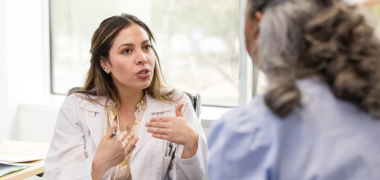
This role has a moderate level of AI exposure. AI can enhance efficiency for some tasks, but this job still relies on human skills and decision-making.
Explore all careersHospital Scientists conduct tests on samples to aid in diagnosing and treating patients, ensuring accurate results to support healthcare.
Get qualified to work as a Hospital Scientist with a course recognised across Australia. Speak to a training provider to learn more.



Browse occupations related to Hospital Scientist



Are you considering pursuing a career in the health sector? One of the most rewarding paths is to become a Hospital Scientist. The Hospital Scientist courses in Australian Capital Territory offer students an opportunity to gain the advanced knowledge and skills required for this vital role in healthcare settings. With the rise in demand for skilled professionals in the medical field, these courses provide an essential foundation for a prosperous career.
The Australian Capital Territory is home to reputable training providers delivering high-quality education. Among these, the prestigious ANU stands out as a notable provider of Hospital Scientist courses. Their comprehensive learning environment, coupled with experienced educators, ensures that students receive an excellent education that prepares them for real-world applications in hospital laboratories.
For those with prior qualifications or experience, a range of advanced Hospital Scientist courses are available in the region. Two of the most popular options include the Bachelor of Medical Science and the Bachelor of Biomedical Science. Both of these courses are designed to equip learners with the critical thinking and practical skills necessary for success in hospital laboratories across the ACT.
Students interested in advancing their careers through higher education will find a wealth of opportunities within these programs. The courses focus on integrating theoretical knowledge with practical experiences, ensuring that graduates are well-prepared to meet the challenges of a changing healthcare environment. Completing a Hospital Scientist course can significantly enhance your employability, giving you a competitive edge in the job market.